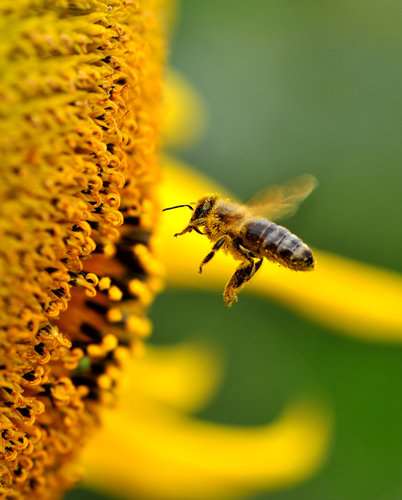They will look at how neonics are used by farmers that grow produce in the gourd family, and how producers can control pests while keeping bees and other pollinators protected.

“Indiana is a major producer of melons and this research is designed to help growers make informed decisions about insect management on their farms for both pests and beneficial species,” Purdue University entomologist Ian Kaplan said in a release. “Neonicotinoids are used widely across many specialty crops that share a reliance on bees as pollinators. We anticipate that the research will also be informative to these other fruit and vegetable systems where similar trade-offs between pest control and pollination may occur.”
The researchers from Purdue will examine how pest management is related to bees’ pesticide exposure levels. They’ll also conduct experiments to determine the responses of both pests and pollinators to the presence or absence of neonics in corn and melons.